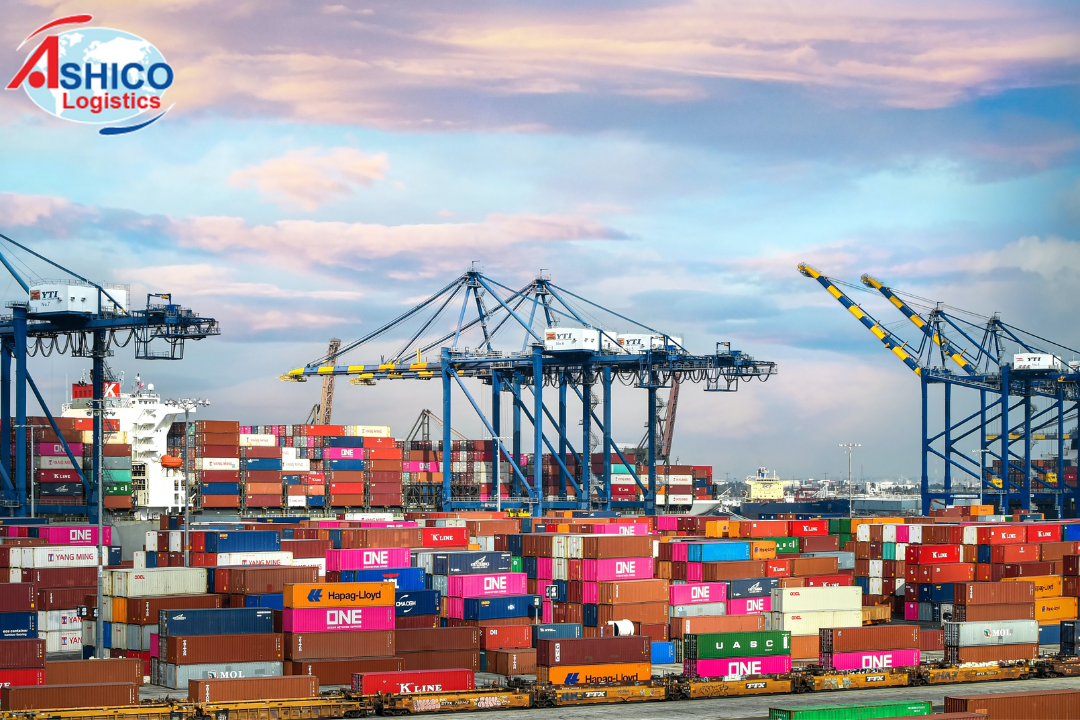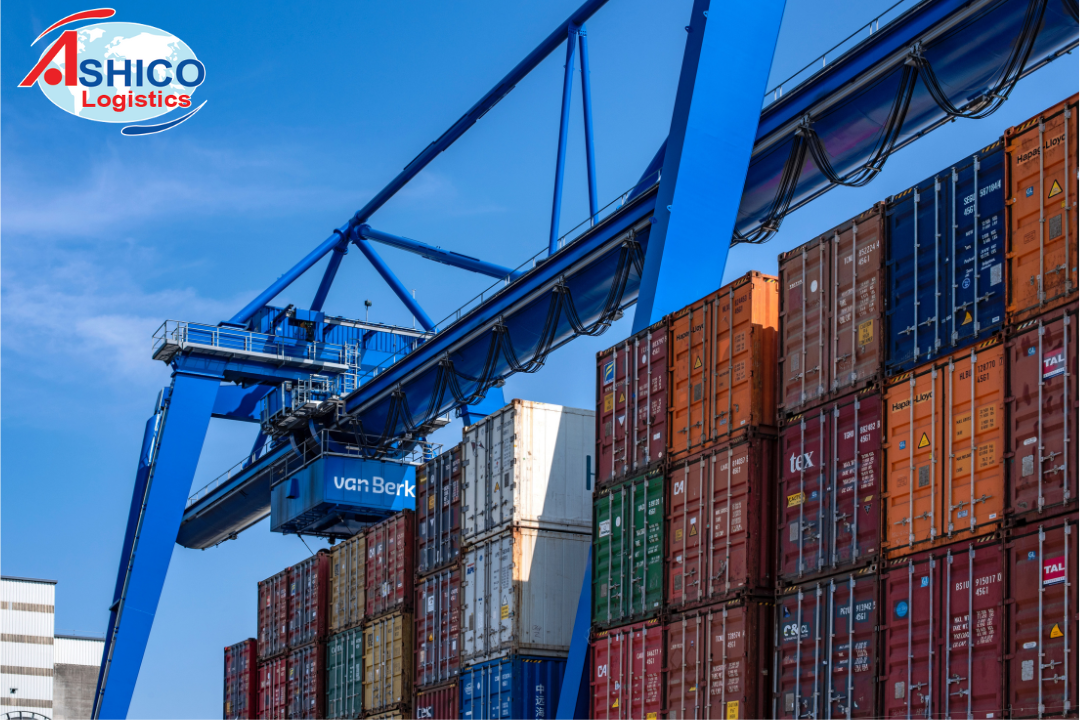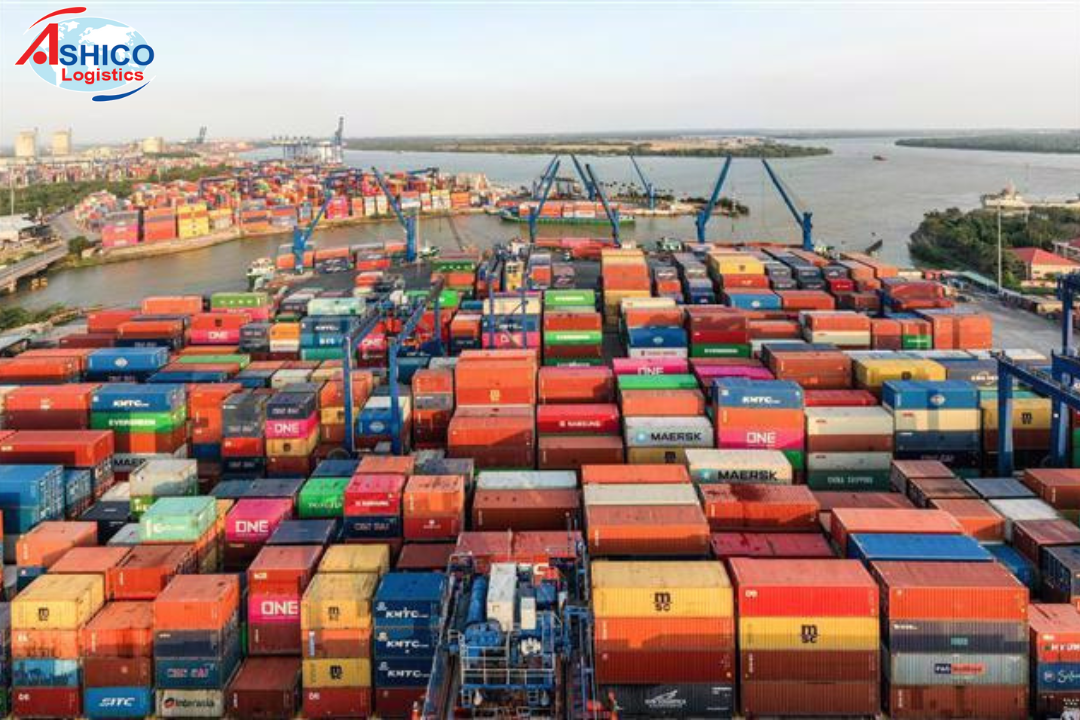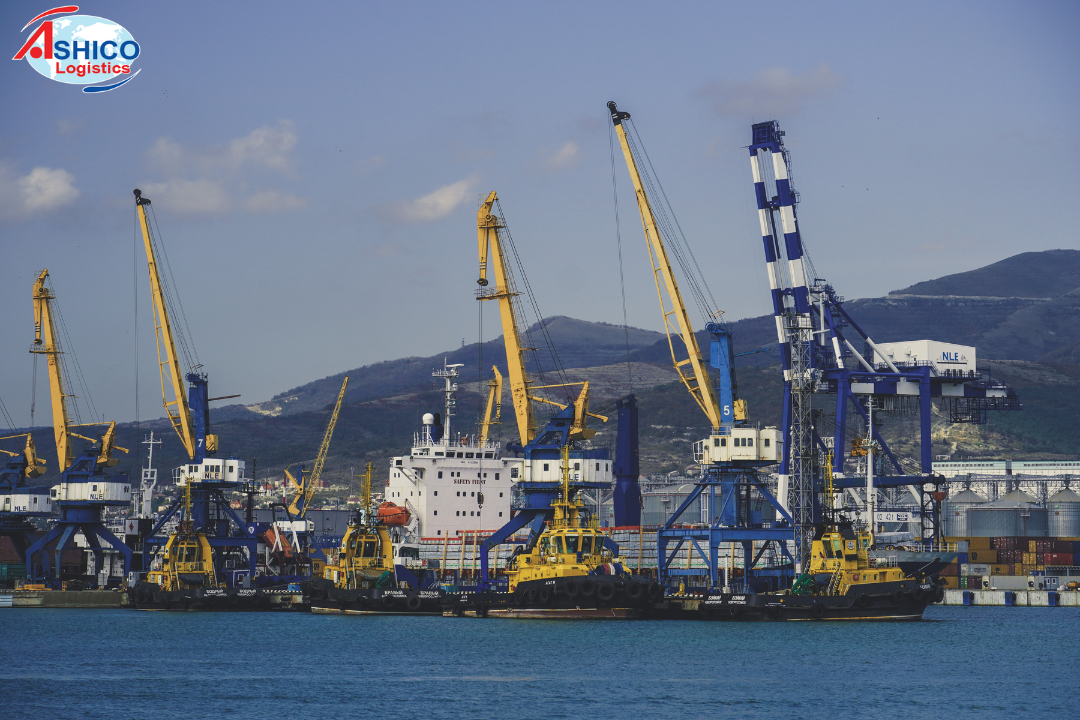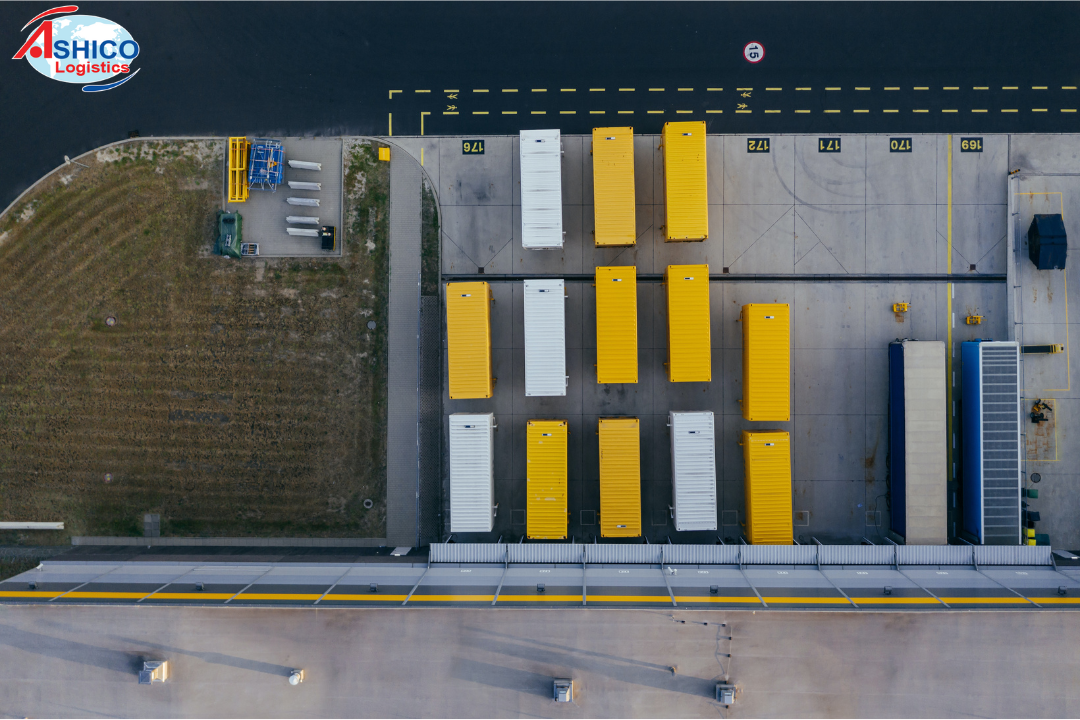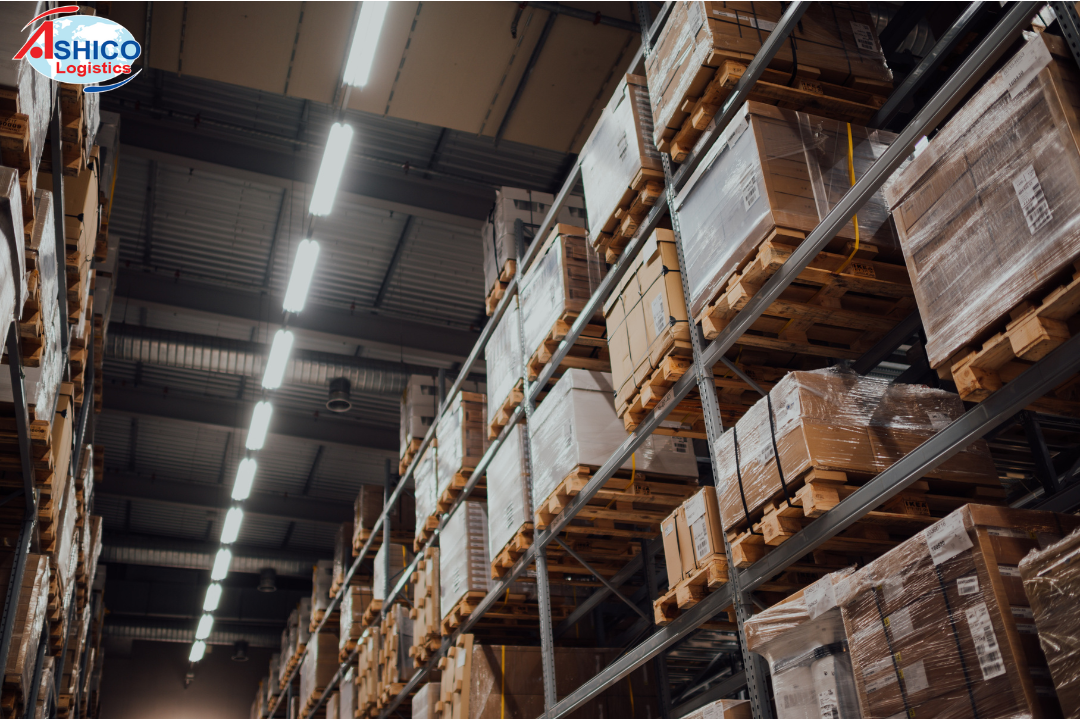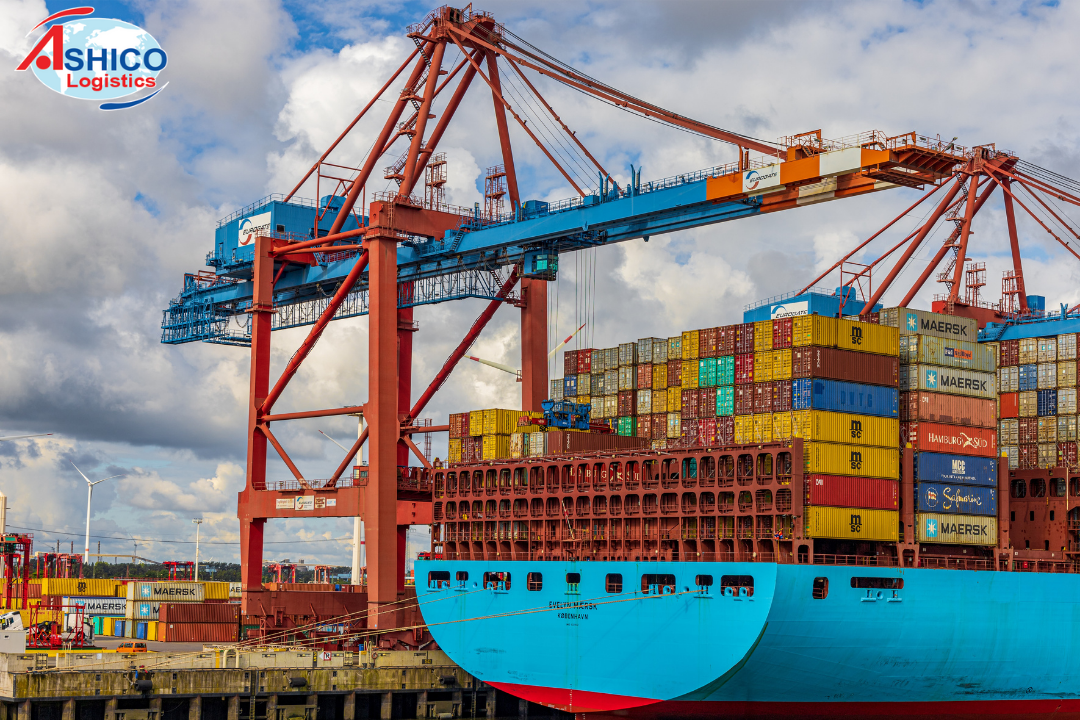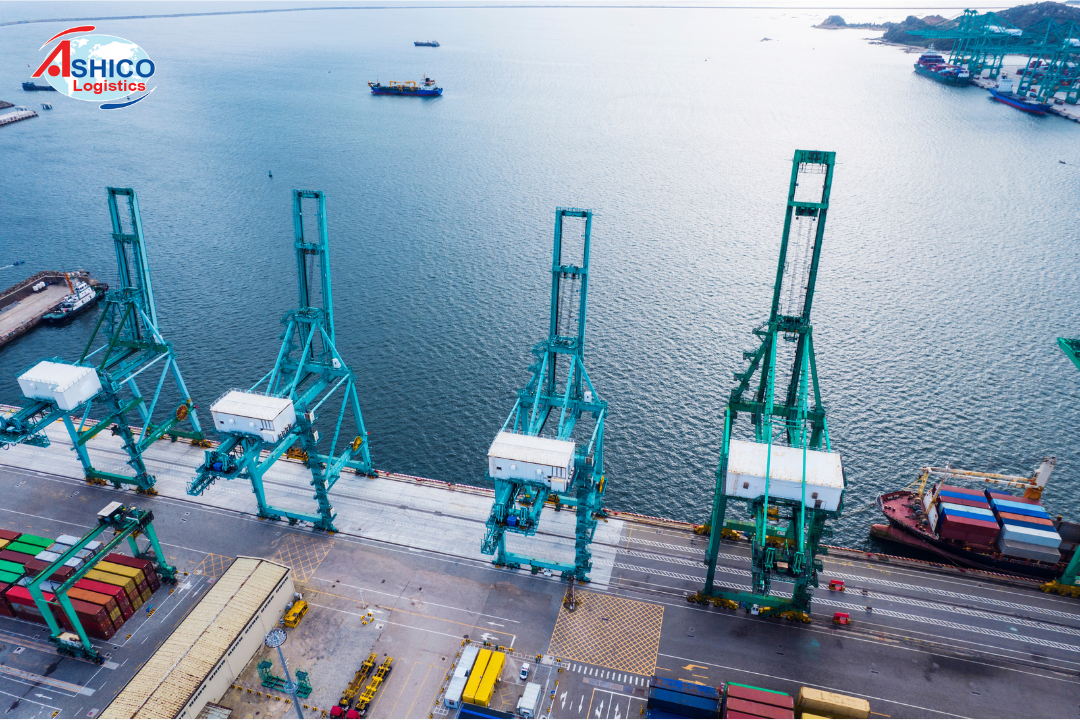
7 trends that can change the logistics industry
Using cloud computing, self-driving cars, 3D printing, real-time display devices... are trends that experts predict will change the logistics industry.
The logistics industry is experiencing a number of difficulties due to the Covid-19 epidemic, which has led to large-scale supply chain disruptions. Experts say that the industry has passed the worst period and businesses are planning to enter a new era with new technologies, methods and standards to transform.
.png)
Logistics businesses are making forecasts about the logistics industry in the future.
Here are 7 trends that experts predict will completely change the face and operational structure of the logistics industry.
1. Integration via cloud computing
Experts are developing and delivering new cloud-based integration and systems that enable logistics businesses to streamline workflows, store and transfer information faster and more securely. This cloud can even better control the finances of businesses.
Several financial service providers have joined the new cloud to help companies integrate custom technology, helping them pay faster. As a result, businesses will save time and money and benefit from a more seamless internal process.
2. Self-driving cars
Many people are looking forward to the future of autonomous vehicles in the logistics industry. However, autonomous trucks have begun to run under "supervised autonomy" and that supervision becomes unnecessary, just a matter of time. If developed in the right direction, autonomous vehicles will be safer, less expensive and easier to manage than manned vehicles.
In addition, autonomous vehicles help reduce operating costs for businesses, keep roads safer and allow drivers to seek new, higher-level positions within their companies.
3. 3D Printing
3D is a printing technology reserved for manufacturers, but logistics giants are starting to take advantage of this rapidly improving platform. Thanks to 3D printing, logistics businesses can deliver products quickly, supply chains will operate more seamlessly and connect more closely.
4. Real-time analytics and tracking
With the help of RFID chips (remote radio wave identification) and many other advanced technologies, logistics managers have better access, analysis, and real-time tracking. They can tell customers exactly where the product is and how long it will take to receive it.
In addition, they identify and anticipate problems and solve them faster. This technology even allows businesses to pinpoint interruptions in productivity or efficiency, so they can build the perfect company from scratch.
5. Efficiency in last mile delivery
Last mile delivery is always a challenge for logistics companies, presenting a high level of complexity and cost (often more than half of the total shipping cost). But we're on track to see major breakthroughs in last-mile delivery, such as the deployment of autonomous drones to deliver packages to individual recipients and an overhaul of chain models. supply.
6. AI and machine learning
Currently, logistics companies want to integrate more artificial intelligence (AI) and machine learning into systems to reduce the need for human working hours and increase work efficiency. With the right technologies, business analysts can quickly assess productivity, shipping speed, customer satisfaction, and other key variables, and regularly make improvements to increase profits.
7. Blockchain
Thanks to blockchain, the logistics industry is benefiting from decentralized ledgers and smarter inventory management. In many cases, blockchain technology has the ability to increase security, efficiency and reliability for all forms of data tracking and management. Blockchain technology is flexible and still evolving in terms of possibilities, possibly unlimited.
Making solid predictions for the logistics industry is difficult for experts because the variables at play are so numerous and complex. In addition, there is always the possibility of a "black swan" phenomenon, a sudden and unexpected occurrence that completely disrupts human life like Covid-19. However, even with the "black swan" phenomenon, the logistics industry is still expected to continue to develop and integrate new technologies to help companies operate more efficiently.
Phi Hung (Source: Forbes)


